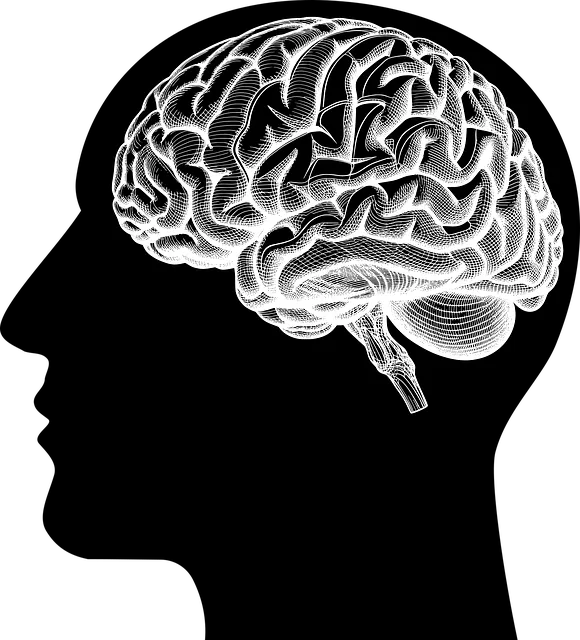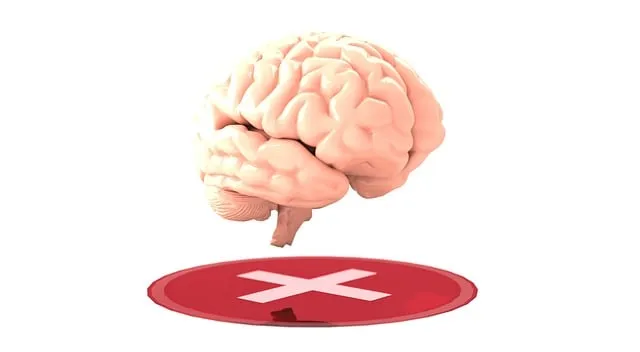Cultural competency in healthcare, especially in multicultural societies like Castle Rock, is crucial for delivering quality care. Kaiser's Mental Health Services in Castle Rock offer specialized, culturally sensitive care by bridging gaps and fostering understanding. Training strategies emphasize interactive workshops and simulations to enhance cultural awareness, communication, and self-care practices among providers. This holistic approach improves patient outcomes, satisfaction, and trust, particularly for diverse patients seeking mental health services covered by Kaiser in Castle Rock.
In today’s diverse healthcare landscape, cultural competency is paramount. Understanding and respecting varied patient backgrounds and beliefs can significantly enhance patient outcomes. This article explores why cultural competency training is essential for healthcare providers, focusing on Kaiser’s mental health services in the context of Castle Rock communities. We’ll delve into effective training strategies and highlight how this approach impacts patient care, ensuring everyone receives quality, culturally sensitive support.
- Understanding Cultural Competency in Healthcare: Why It Matters
- Kaiser's Mental Health Services and Their Reach
- Training Strategies for Healthcare Providers
- The Impact of Cultural Competency on Patient Outcomes
Understanding Cultural Competency in Healthcare: Why It Matters

Cultural competency in healthcare is an essential aspect that goes beyond treating symptoms; it’s about understanding and respecting diverse cultural backgrounds and beliefs. In a world becoming increasingly multicultural, healthcare providers must be equipped to offer quality care to all patients, regardless of their cultural identity. This involves recognizing and appreciating different values, practices, and communication styles. For instance, Castle Rock residents seeking mental health services from Kaiser may have unique expectations and approaches influenced by their cultural heritage.
Training in cultural competency helps healthcare professionals navigate these differences effectively. It enables them to provide tailored care, improve patient satisfaction, and enhance outcomes. Moreover, it plays a pivotal role in preventing burnout among providers, especially considering the demanding nature of healthcare work. Mental wellness coaching programs and burnout prevention strategies are integral parts of this development, ensuring healthcare providers can manage stress and maintain their own mental health while delivering culturally sensitive care.
Kaiser's Mental Health Services and Their Reach

Kaiser’s Mental Health Services extend to a wide range of communities, including Castle Rock, offering specialized care tailored to diverse cultural backgrounds and needs. Their comprehensive approach prioritizes cultural sensitivity in mental healthcare practice, ensuring that services are accessible and effective for all individuals. Through partnerships with local organizations and an emphasis on inner strength development, Kaiser facilitates the growth and resilience of its clients.
In Castle Rock, Kaiser’s presence addresses the critical need for quality mental health support, particularly among underserved populations. The provider’s commitment to integrating self-care practices into their treatment plans empowers individuals to manage their well-being holistically. By bridging cultural gaps and fostering a supportive environment, Kaiser enhances the reach and impact of its mental health services in communities like Castle Rock.
Training Strategies for Healthcare Providers

Effective training strategies for healthcare providers are crucial in fostering cultural competency and improving patient care, especially when addressing mental health concerns like those that might be covered by Kaiser in Castle Rock. Interactive workshops and simulations can immerse participants in diverse scenarios, encouraging them to practice empathetic communication and navigate complex cultural nuances. For instance, role-playing sessions can help providers learn how to address language barriers or understand non-verbal cues from patients from different backgrounds.
Integrating self-care practices and stress reduction methods into the training curriculum is also essential. Healthcare providers often face high-pressure situations, so teaching emotional regulation techniques allows them to maintain composure and provide consistent care. This holistic approach ensures that providers not only enhance their clinical skills but also develop resilience, enabling them to offer quality mental health support in diverse environments, including those covered by Kaiser in Castle Rock.
The Impact of Cultural Competency on Patient Outcomes

Cultural competency is a vital aspect of modern healthcare, significantly influencing patient outcomes and overall satisfaction. By fostering understanding and empathy between providers and diverse patient populations, healthcare organizations can create an inclusive environment that promotes better health outcomes. In Castle Rock, where Kaiser offers comprehensive coverage for mental health services, cultural competency training is more than just a recommendation; it’s a necessity. This approach ensures that patients from various backgrounds feel heard, respected, and understood, leading to increased trust and adherence to treatment plans.
Empathy-building strategies play a crucial role in improving patient experiences. Mental wellness and self-care practices are integral components of these initiatives. When healthcare providers take the time to understand their patients’ cultural perspectives, they can offer tailored care, address specific needs, and improve overall mental health outcomes. This personalized approach not only enhances patient satisfaction but also encourages individuals to prioritize their well-being, creating a positive cycle that benefits both the patient and the healthcare system as a whole.
Cultural competency training is a game-changer in healthcare, especially in diverse communities like Castle Rock. By equipping providers with the skills to understand and address cultural nuances, we enhance patient outcomes, ensuring that everyone receives quality care tailored to their unique needs. In light of Kaiser’s extensive mental health services, these training strategies become even more vital, enabling providers to better serve the diverse populations they encounter. When it comes to Castle Rock residents’ access to mental health support, cultural competency is key to bridging gaps and fostering inclusive healthcare.






